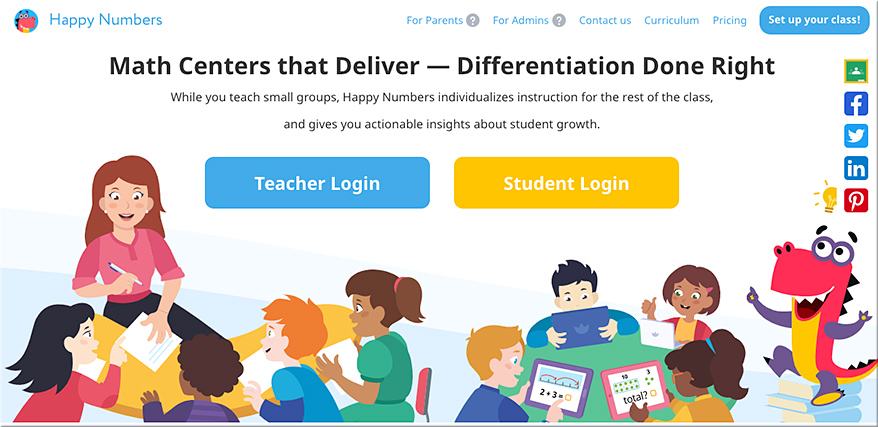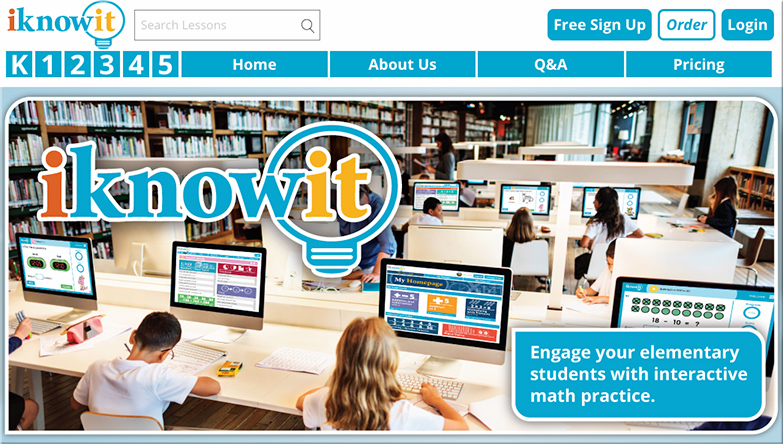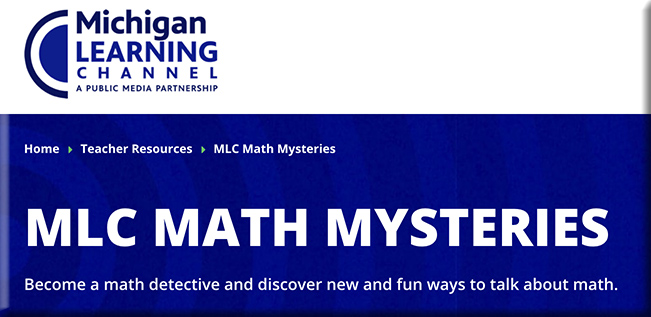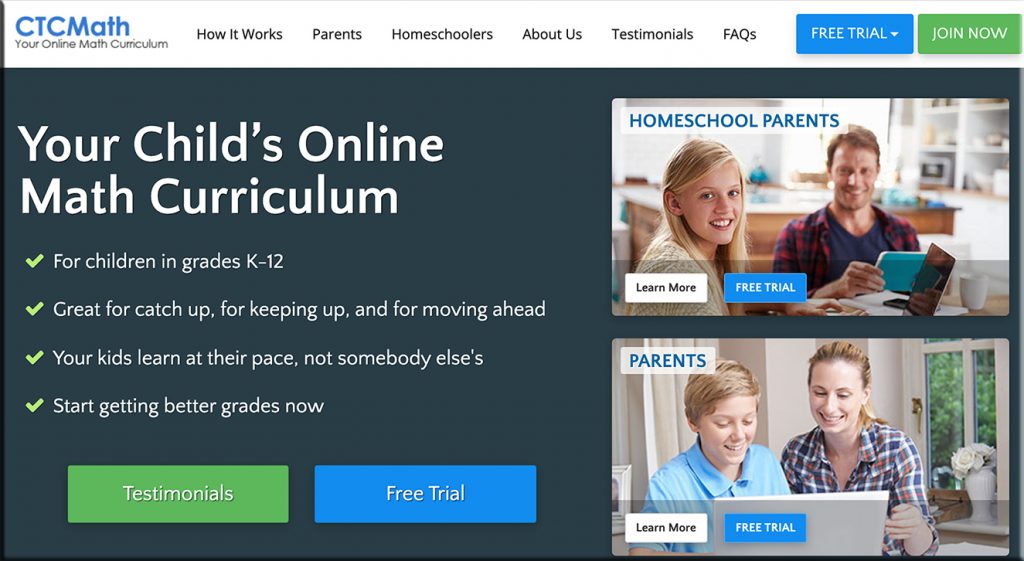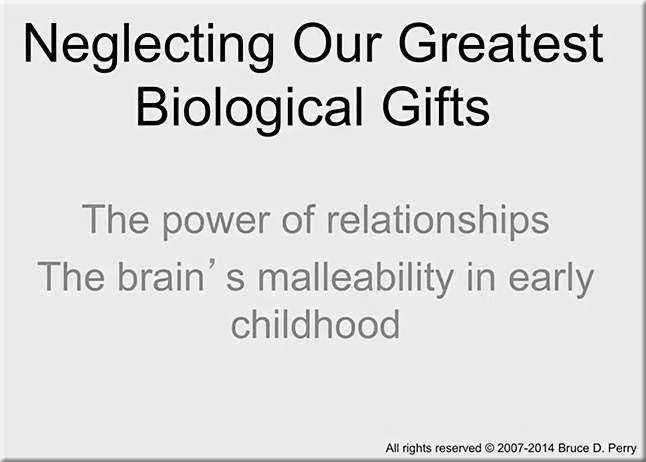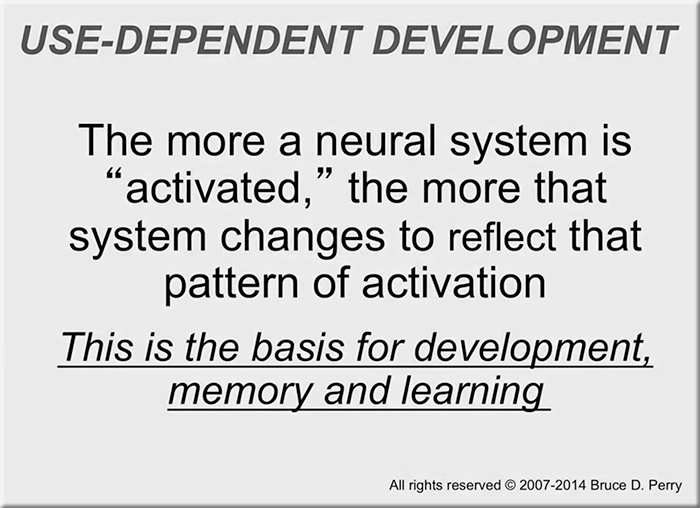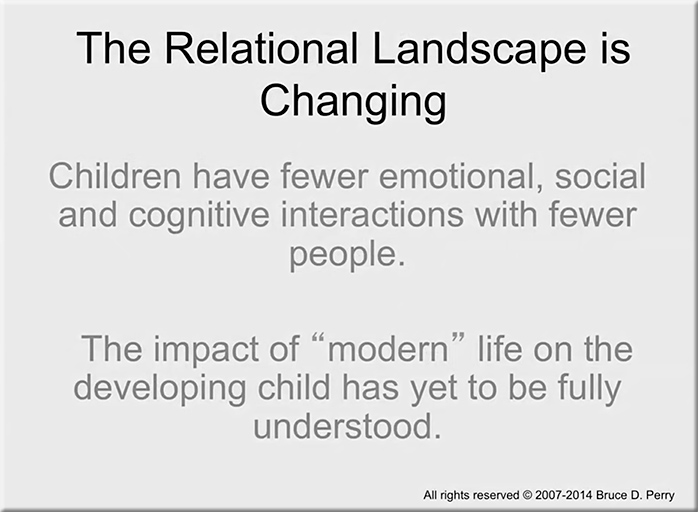From DSC:
Hmmm….interesting ideas here.
Has Your School District Considered Creating A “Parent University”? — from teachercast.net by Jeffrey Bradbury
Excerpt:
Over the course of the Pandemic, teachers and students have been coping with a brand-new teaching and learning style that has required them to do things they have not ever needed to do before. However, that is just two parts of the triangle in the learning process. For many parents, the thought of having to be a co-teacher in a digital classroom became a reality.
How do you support both teachers, students, and parents? The answer for many school districts is to create a Parent University, or a virtual program that helps teach parents and community members how to support their students.
In this blog post, we will look at what exactly a Parent University is and how it can be successfully created to support both parents as well as other members of your global community through the help of local professionals, teachers in the district and most importantly, your Instructional Coaching staff.
What Is A Parent University?
To put it very succinctly, a Parent University is an opportunity for a community to come together and provide a service to itself. Parent Universities come in a variety of shapes and sizes depending on the needs of the community, but the basic idea is for the school district to be a conduit for community learning.
From DSC:
I hadn’t thought of a community of practice in this regard, but maybe I should.









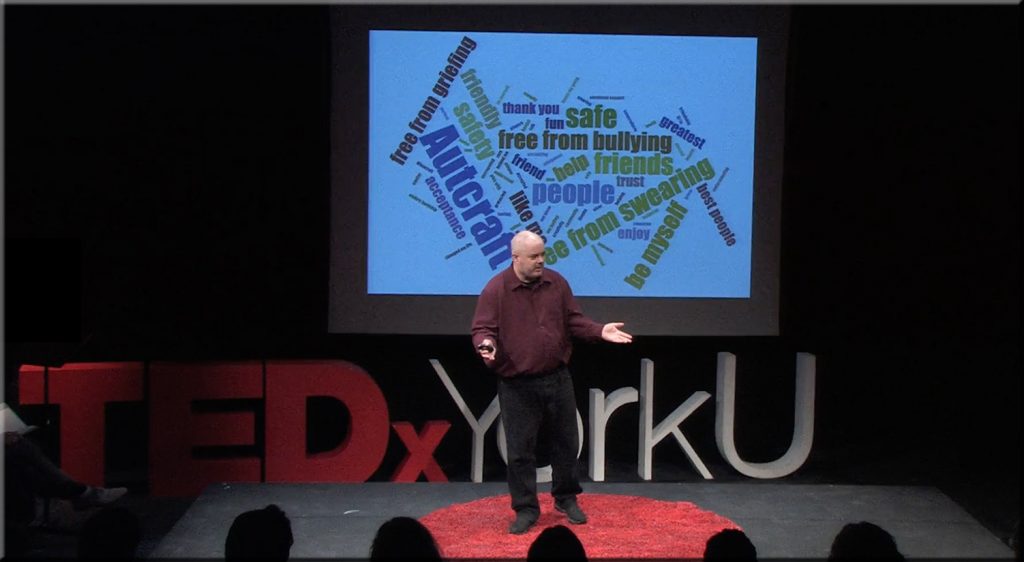
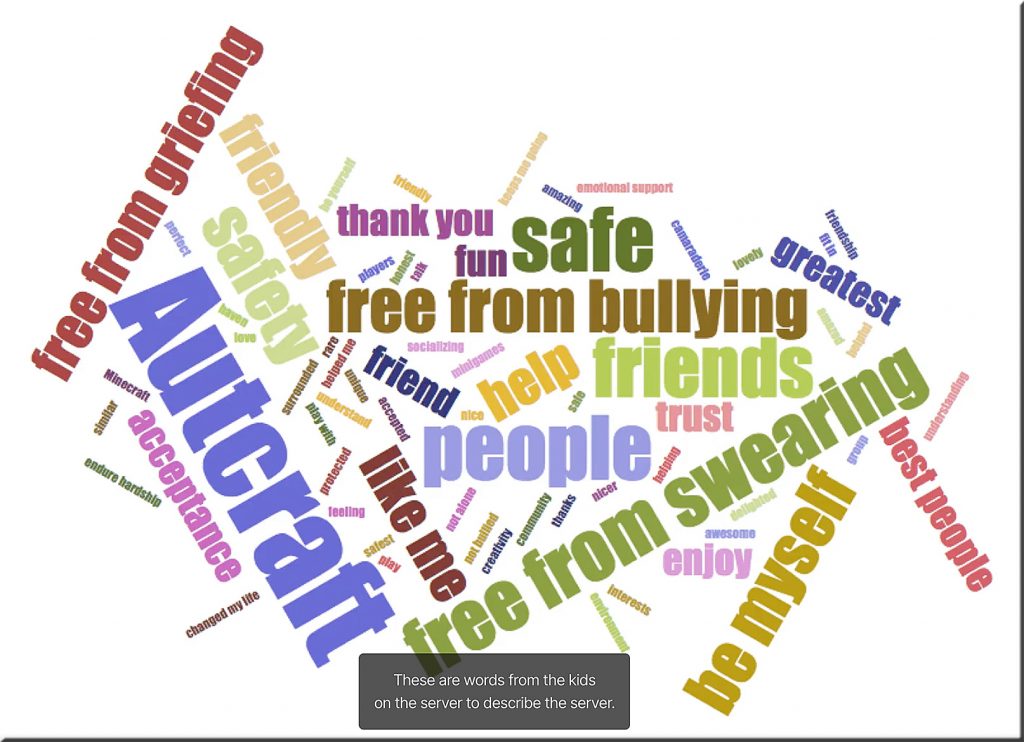



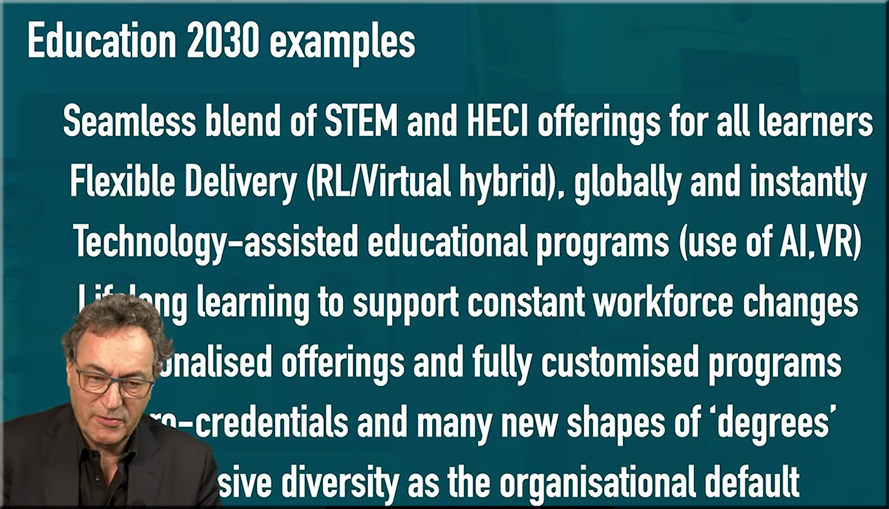
![What Makes a Great School Website Design [with Practical Tips and Examples] -- from graphicmama.com by Boril Obreshkov](http://danielschristian.com/learning-ecosystems/wp-content/uploads/2022/01/school-website-design-1024x575.png)
